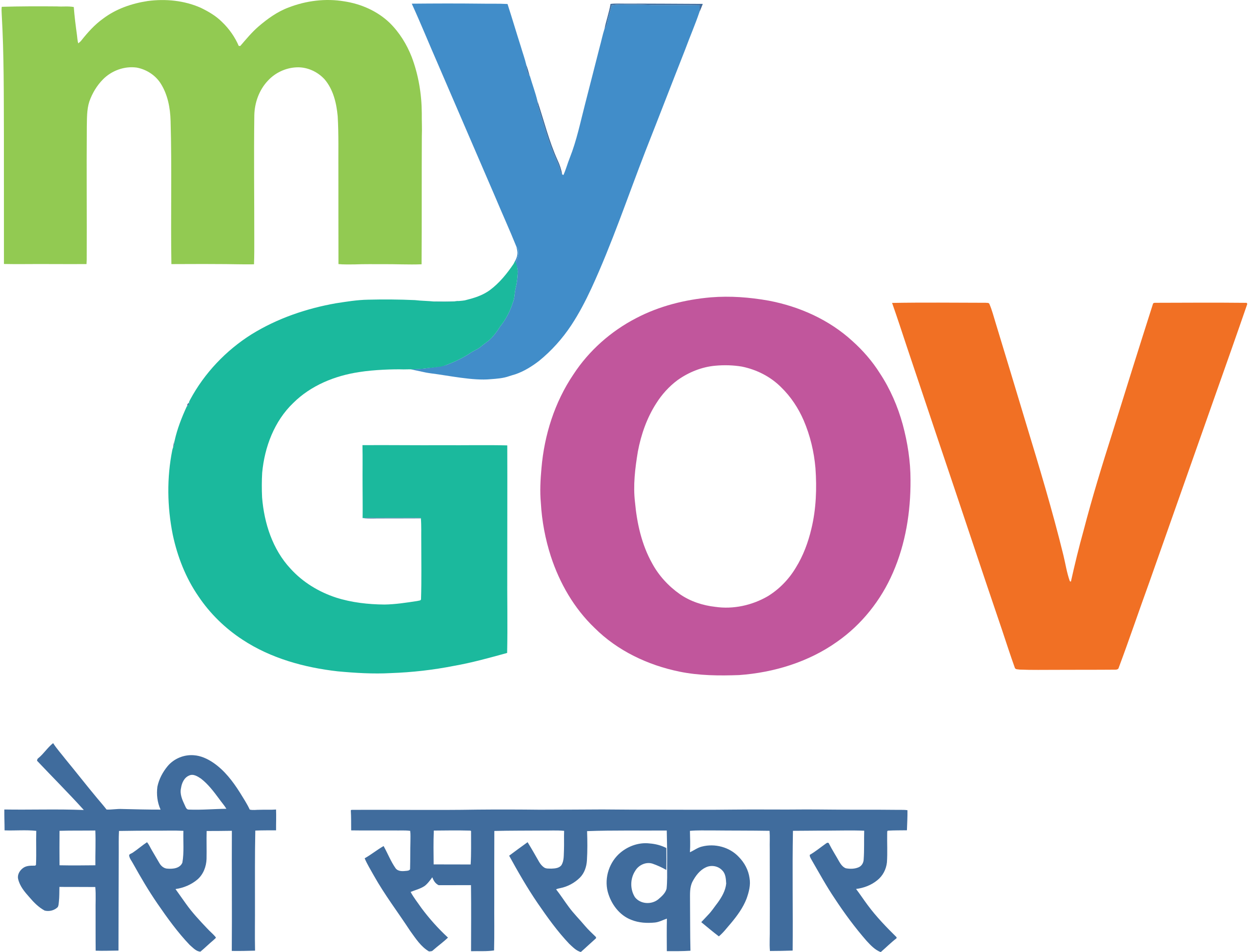LEAP AHEAD (Launchpad for Tech-Entrepreneurs towards Accelerated Growth and Pioneering AHEAD) is a startup acceleration initiative by STPI, in partnership with the Ministry of Electronics & Information Technology (MeitY) and The Indus Entrepreneurs (TiE) Delhi-NCR. The programme supports tech startups with funding up to ₹10 million, intensive training, mentorship, and global networking opportunities. As the first cohort concludes, EFY’s Yashasvini Razdan interviewed STPI Director-General Arvind Kumar about the programme’s outcomes, future plans, and its impact on the electronics ecosystem.
Q. What have been the key outcomes of the Leap Ahead Initiative so far?
A. The programme was initiated in November 2023. We are currently nearing the completion of the first season, having concluded two stages. Twenty-two startups were shortlisted and taken to TiECon Silicon Valley, where they received favourable responses from global investors, securing commitments of over ₹550 million. The Leap Ahead initiative is akin to the Y-Combinator model, teaching founders how to market their products, improve their teams and business models, find the correct product/market fit, and scale their startups into high-growth businesses.
Q. What are the stages of the programme?
A. The three-stage programme began with a round of in-person pitching across three tier-2 cities—Bhubaneswar, Vijayawada, and Chandigarh—followed by an online pitching round. Around 546 applications from 27 states participated in this initial round, after which we selected 87 revenue-generating startups for an intensive three-month mentorship programme.
The second stage, which concluded in the first week of May, involved global connections, where we shortlisted 22 startups for TiECon Silicon Valley. These startups connected with mentors and venture capitalists, with three gaining investor interest at this stage. They also received training on pitch refinement in a startup bootcamp and visited the Meta office.
The third stage, currently ongoing, is the co-investment model, where startups are undergoing fundraising rounds, with select startups eligible for funding of up to ₹10 million against equity participation.
Discussions surrounding the initiation of Season 2 of Leap AHEAD initiative are under the works.
Q. Will there be ongoing monitoring of each startup’s performance after the programme concludes?
A. Yes, we will follow up with the startups until they graduate and start generating considerable revenue. They receive personalised mentorship and guidance on various aspects, from scaling operations to connecting with investors and building a marketing presence. This structured support is followed by ongoing assistance to ensure sustained growth and success.
Q. How many of the 87 startups are involved in the electronics sector?
A. Out of the 87 startups, 20 are working in the electronics sector, including Aranya Paridhi Pvt Ltd, Azom Computer Systems Pvt Ltd, Benlycos Pvt Ltd, Bonv Technology Pvt Ltd, CarbonOut Techcom Pvt Ltd, Canectar Foods Pvt Ltd, EV Urjaa Pvt Ltd, Kairus Energies Pvt Ltd, Larkai Healthcare Pvt Ltd, Nishtula Instrument and Innovation Pvt Ltd, NyQuest Innovation Labs Pvt Ltd, Predulive Innovations Pvt Ltd, Primary Healthtech Pvt Ltd, Proximal Soilsens Technologies Pvt Ltd, Qzense Labs Pvt Ltd, Raana Semiconductors Pvt Ltd, Robro Systems Pvt Ltd, Thinkraw Innovative Solutions Pvt Ltd, Waterbot Online Solutions Pvt Ltd, and Zylm Energy Pvt Ltd.
Q. How many electronics hardware product startups are part of this programme?
A. We do have three-four startups purely focused on electronics. However, with a focused push towards establishing India as a product manufacturing nation under the Make-In-India initiative, we anticipate this number to radically scale up in the very near perceivable future.
Q. What steps can be taken to support and encourage electronics hardware product design startups in India?
A. Electronics hardware product design differs significantly from software development, often requiring longer gestation periods. Hardware startups need extensive lab facilities for design, manufacturing, and testing. We have 24 STPI Labs across the country, two dedicated to the electronics domain. The Telangana government has established T-Works to boost prototyping of electronic products. We aim to establish more incubation centres and Centres of Excellence (CoEs) focused on electronics hardware, offering state-of-the-art facilities, mentorship, and industry connections. Such institutions are needed across the country.
Additionally, implementing specialised training programmes to develop a skilled workforce proficient in electronics hardware design and manufacturing will further boost the sector. There should be a concerted effort to foster partnerships between electronics hardware startups and established companies to promote knowledge transfer, co-development of products, and market access. As India aims to present itself as a global power in the tech product sector, increasing funding for R&D in electronics hardware and encouraging collaborations between startups, academic institutions, and industry players is imperative. This will help create platforms and opportunities for startups to showcase their products globally, connecting them with international investors and customers.












